Nazi Survivor Worries About Anti-Semitism In Her UK Haven
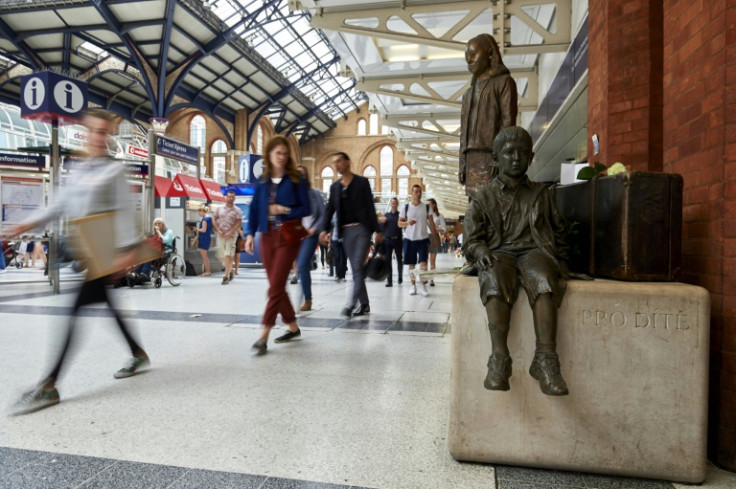
Alexandra Greensted was one of around 10,000 Jewish children rescued from the Nazis' clutches and transported to London, but 84 years on, she is now worried about anti-Semitism in her UK haven.
Greensted, now aged 91, was born in Czechoslovakia and lived there with her father and brothers, having lost her mother when she was just three weeks old.
In the summer of 1939, when she was aged seven, she was separated from the rest of her family and brought to safety in England as part of the "Kindertransport" scheme.
The programme was set up to transport Jewish children to the UK as Nazism spread through mainland Europe, with the 85th anniversary of the first refugee arrivals marked on Saturday.
"I was seven years old and felt very scared to be leaving my father and brothers," she told AFP.
Her father and brothers died in the Auschwitz concentration camp and Greensted grew up in a foster family in Kent, southeast England.
A new film -- "One Life" -- comes out in the UK in January, telling the story of Nicholas Winton, played by Oscar-winning Welsh actor Anthony Hopkins.
Winton -- dubbed the "English Schindler" after Oskar Schindler, the German industrialist who rescued hundreds of Polish Jews during World War II -- helped save hundreds of children on the eve of the conflict.
He organised the Kindertransport scheme in central Europe that Greensted benefited from.
Greensted, who attended the premiere, called the film "very emotional and very well made".
"Many family members and friends are looking forward to seeing it and learning more about my story," she added.
The first Kindertransport train arrived in the UK on December 2, 1938, carrying 196 children rescued from a Jewish orphanage in Berlin that was burned down during "Kristallnacht" a month earlier.
The children arrived at London's Liverpool Street station, where a statue, "The Arrival", now pays tribute to them.
Within 18 months of the first train, 10,000 children from Germany, Austria, Czechoslovakia and Poland had been brought to safety.
The youngest children were placed with foster families while teenagers aged over 16 were helped to find training or work.
The last convoy of children left the Dutch port of IJmuiden aboard the ship "Bodegraven" on May 14, 1940, one day before the Netherlands fell to the Nazis.
Parents entrusted their children to strangers, not knowing if they would ever see them again.
"You need to imagine, as a child, whether it was a five-year-old, an eight-year-old, a 12-year-old, being parted from your parents," said Henry Grunwald, president of World Jewish Relief, the charity that funded the Kindertransport scheme.
"And for the parents, it must have been one of the most difficult decisions to send your child into the unknown. And most of them never saw each other again," he added.
It is difficult to put an exact figure on how many "Kindertransport" refugees are still alive, as some have left the UK.
But The Association of Jewish Refugees (AJR) has 140 active members in the country, including Alexandra Greensted.
A ceremony will mark the 85th anniversary of the first Kindertransport arrival but organisers are not releasing the date and location of the event due to security concerns.
Since Israel began bombing the Gaza Strip in response to Hamas' unprecedented attack on October 7, the UK, like several other countries, has seen an increase in anti-Semitism.
"It's so worrying to see the rise in anti-Semitism -- I didn't expect to see this again in my lifetime," said Greensted.
At least 1,747 incidents were recorded between October 7 and November 29 by the Community Security Trust, whose role is to protect the UK's Jewish community.
It is the highest total the group has recorded over a 54-day period since it began logging attacks in 1984. Over the same period in 2022, it recorded 263 incidents.
Most of the offences were verbal attacks and graffiti, but the organisation also recorded 74 assaults.
Grunwald says he knows Jews who now remove their yarmulkes in public and that he avoids central London on Saturdays, when major demonstrations are held in support of the Palestinians.
"But I'm not going to allow my life to be defined by anti-Semitism, which means that I will continue to do things that I do as far as I can, as a proud Jew," he added.
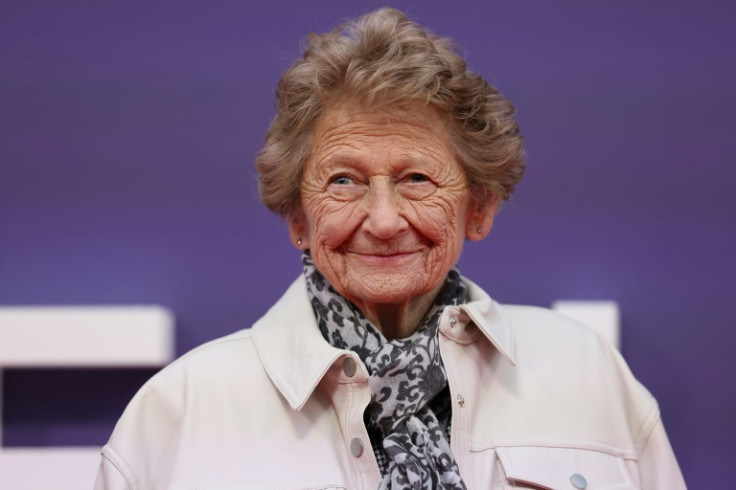
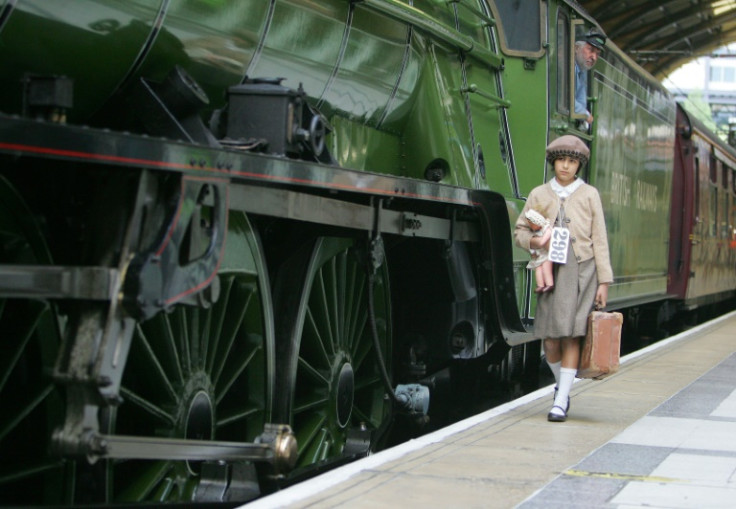
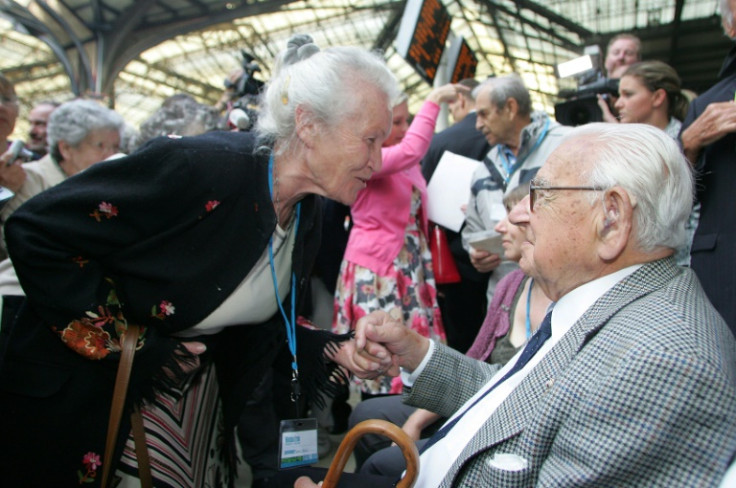
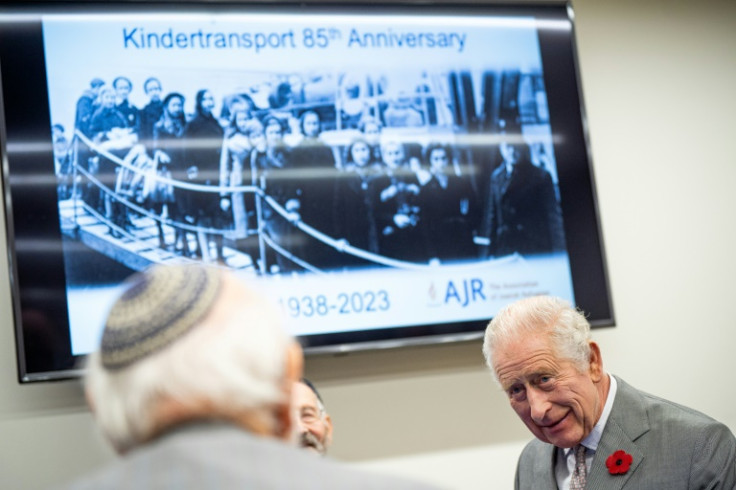
© Copyright AFP 2024. All rights reserved.





















